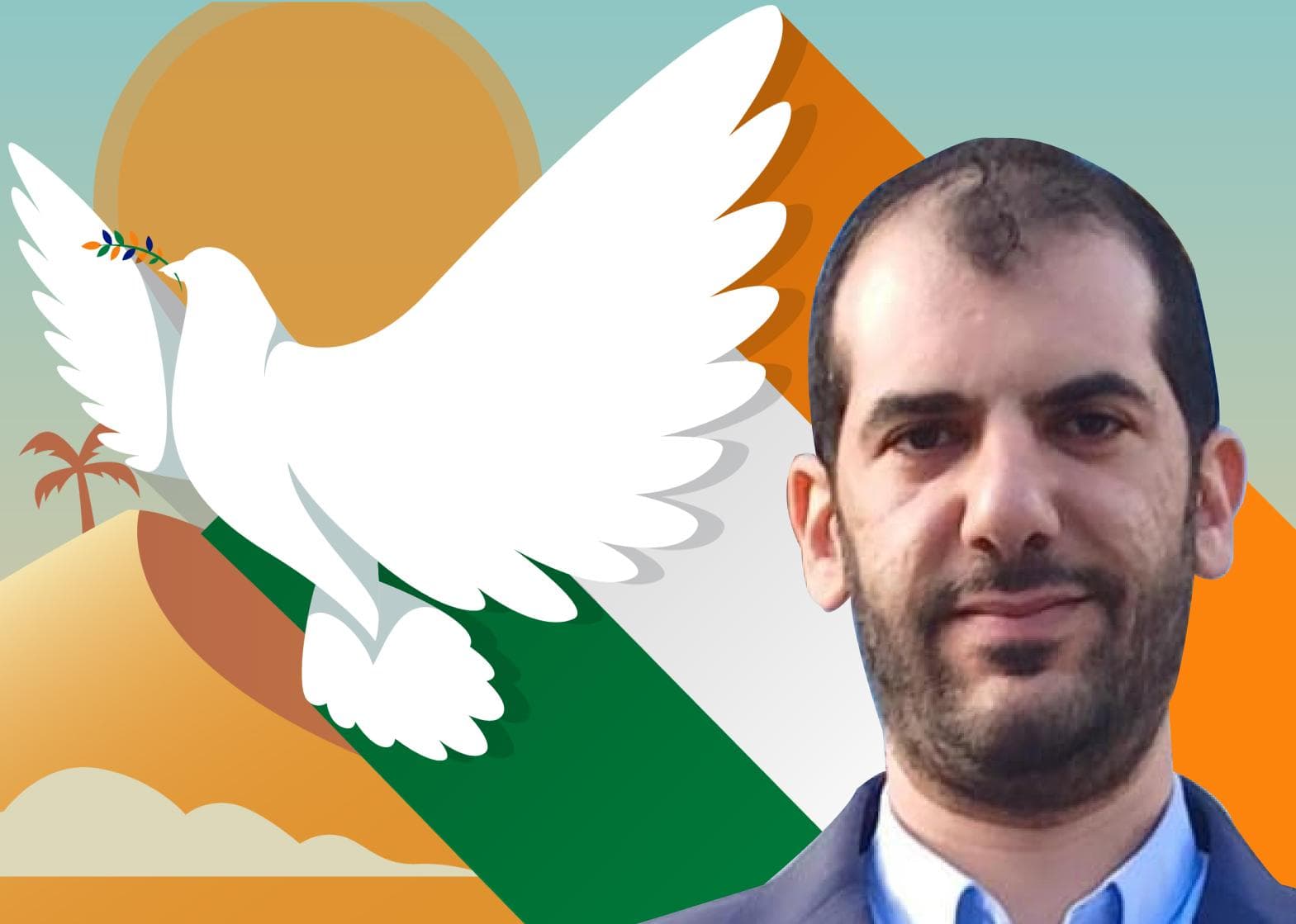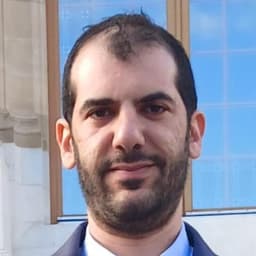Bridging Gulfs, Mending Hearts Across Borders
Exploring the potential of India's diplomatic influence and cultural ties in fostering peace amidst the Israel-Hamas conflict, with insights from Middle East analyst Yeghia Tashjian

Peace is poetic. It lingers in the imagination, especially when it seems unattainable on the ground. In Beirut, the immediate neighbour of the ongoing Israel-Hamas conflict, there exists a buzzing hope for the silencing of guns despite the grim realities of war unfolding daily.
Lebanon, the home of Hezbollah, experienced its own theatre of war with Israel in 2006. Since then, small skirmishes on its southern border have become routine. A few weeks ago, as the war in Gaza escalated, Lebanon was on the brink of becoming another front in the conflict, with Hezbollah potentially joining with full force. A fierce exchange of rockets and missiles ensued before subsiding, allowing Beirut to breathe a sigh of relief.
The Iran-backed group, Hezbollah, has seemingly reserved its strength for a future confrontation, even as the killings of Palestinians have been labelled as 'genocide' and 'ethnic cleansing', casting a shadow of gloom over the region.
However, a ray of hope emerges as a four-day truce has been agreed upon between Israel and Hamas. This truce aims to facilitate the release of Palestinian prisoners from Israeli jails and Israeli hostages held by Hamas since October 7. The future of this truce, whether it will extend to a complete cessation of hostilities or merely be a brief pause, remains uncertain.
This conflict has served as a reminder that peace efforts need not solely originate from within the region; they can also be initiated from afar. India, an emerging world power, has a history of peacekeeping in the region. During Lebanon's civil war in the 1970s, Indian troops were deployed to aid in normalization efforts, with Indian peacekeepers remaining in the country for an extended period.
India could play a pivotal role in resolving the current Israel-Palestine conflict. Notably, India recognizes the disputed area between Israel and Lebanon as Lebanese territory.
Recently, during its G-20 presidency, India unveiled the India-Middle East-Europe Economic Corridor. This project, while promising economic opportunities and prosperity, has raised concerns for potentially exacerbating the current conflict, particularly for its exclusion of certain countries, including the Palestinians.
India's soft power in the region, characterized by vibrant cultural ties with almost all countries, should not be underestimated.
The growing influence of small global groupings like BRICS and SCO, with India as a member, enhances its position as a leader of the Global South and a potential guarantor of peace in the ongoing conflict.
India's support for the two-state solution to the Israel-Palestine question reflects its diplomatic stance, although the realization of this vision remains uncertain.
The unresolved nature of this issue poses a persistent threat, akin to a 'ticking time bomb'. Gaza's years-long blockade, rampant unemployment, and acute economic hardships have contributed to a volatile environment, one that could erupt in violence at any moment.
The question remains: Should Gaza be allowed to revert to its previous, prison-like state? The answer is a definitive no, especially if we wish to avoid future violent eruptions.
The cultural and academic exchanges between countries, such as the shared love for Indian and Lebanese cuisines, Bollywood films, and academic cooperation, highlight the potential for international relationships to bridge divides. India and Lebanon's mutual appreciation of food, fashion, films, and academic foster a deeper mutual understanding and respect, transcending the traditional realms of diplomacy.
While this may sound poetic, it is through such connections that peace develops and nations become friends.



































